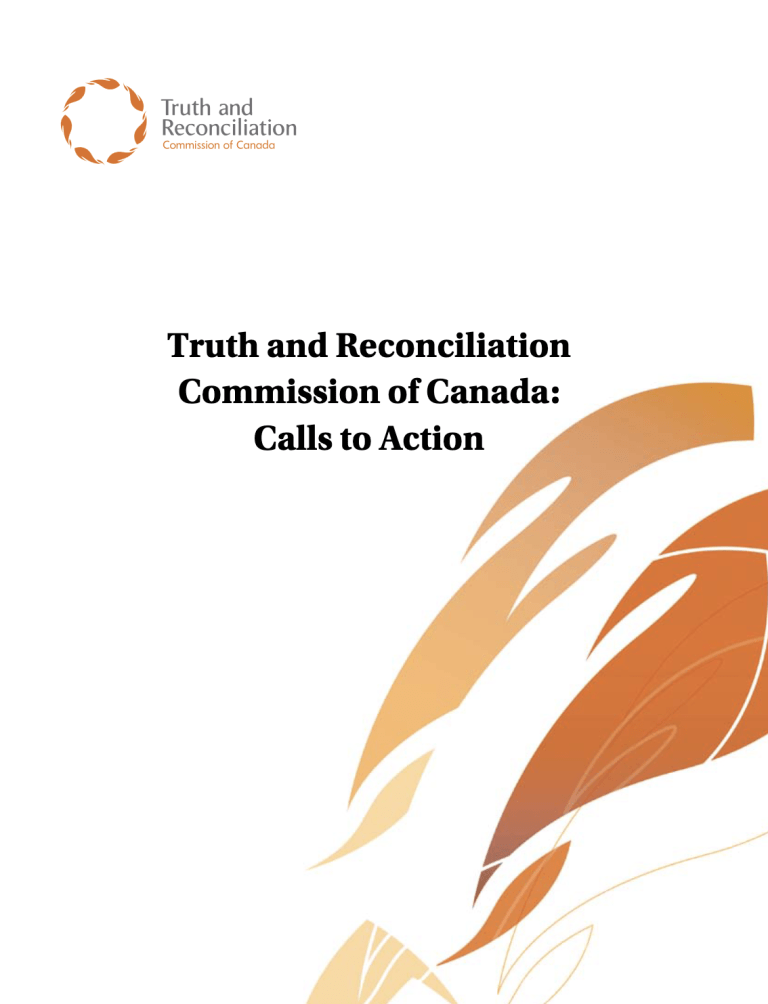23 search results
for
Independent offices of the Legislature
Legacy
Child welfare
Recommendation 2: We call upon the federal government, in collaboration with the provinces and territories, to prepare and publish annual reports on the number of Aboriginal children (First Nations, Inuit, and Métis) who are in care, compared with non-Aboriginal children, as well as the reasons for apprehension, the total spending on preventive and care services by child-welfare agencies, and the effectiveness of various interventions.-
Category and theme:
Audience:
Groups affected:
Legacy
Child welfare
Recommendation 3: We call upon all levels of government to fully implement Jordan’s Principle.-
Category and theme:
Audience:
Groups affected:
Legacy
Child welfare
Recommendation 4: We call upon the federal government to enact Aboriginal child-welfare legislation that establishes national standards for Aboriginal child apprehension and custody cases and includes principles that:- Affirm the right of Aboriginal governments to establish and maintain their own child-welfare agencies.
- Require all child-welfare agencies and courts to take the residential school legacy into account in their decision making.
- Establish, as an important priority, a requirement that placements of Aboriginal children into temporary and permanent care be culturally appropriate.
-
Category and theme:
Audience:
Groups affected:
Legacy
Child welfare
Recommendation 5: We call upon the federal, provincial, territorial, and Aboriginal governments to develop culturally appropriate parenting programs for Aboriginal families.-
Category and theme:
Audience:
Groups affected:
Legacy
Education
Recommendation 12: We call upon the federal, provincial, territorial, and Aboriginal governments to develop culturally appropriate early childhood education programs for Aboriginal families.-
Category and theme:
Audience:
Groups affected:
Legacy
Language and culture
Recommendation 15: We call upon the federal government to appoint, in consultation with Aboriginal groups, an Aboriginal Languages Commissioner. The commissioner should help promote Aboriginal languages and report on the adequacy of federal funding of Aboriginal-languages initiatives.-
Category and theme:
Audience:
Groups affected:
Legacy
Language and culture
Recommendation 17: We call upon all levels of government to enable residential school Survivors and their families to reclaim names changed by the residential school system by waiving administrative costs for a period of five years for the name-change process and the revision of official identity documents, such as birth certificates, passports, driver’s licenses, health cards, status cards, and social insurance numbers.-
Category and theme:
Audience:
Groups affected:
Legacy
Health
Recommendation 19: We call upon the federal government, in consultation with Aboriginal peoples, to establish measurable goals to identify and close the gaps in health outcomes between Aboriginal and non-Aboriginal communities, and to publish annual progress reports and assess longterm trends. Such efforts would focus on indicators such as: infant mortality, maternal health, suicide, mental health, addictions, life expectancy, birth rates, infant and child health issues, chronic diseases, illness and injury incidence, and the availability of appropriate health services.-
Category and theme:
Audience:
Legacy
Health
Recommendation 23: We call upon all levels of government to:- Increase the number of Aboriginal professionals working in the health-care field.
- Ensure the retention of Aboriginal health-care providers in Aboriginal communities.
- Provide cultural competency training for all healthcare professionals.
-
Category and theme:
Audience:
Groups affected:
Legacy
Health
Recommendation 24: We call upon medical and nursing schools in Canada to require all students to take a course dealing with Aboriginal health issues, including the history and legacy of residential schools, the United Nations Declaration on the Rights of Indigenous Peoples, Treaties and Aboriginal rights, and Indigenous teachings and practices. This will require skills-based training in intercultural competency, conflict resolution, human rights, and anti-racism.-
Category and theme:
Audience:
Groups affected:
